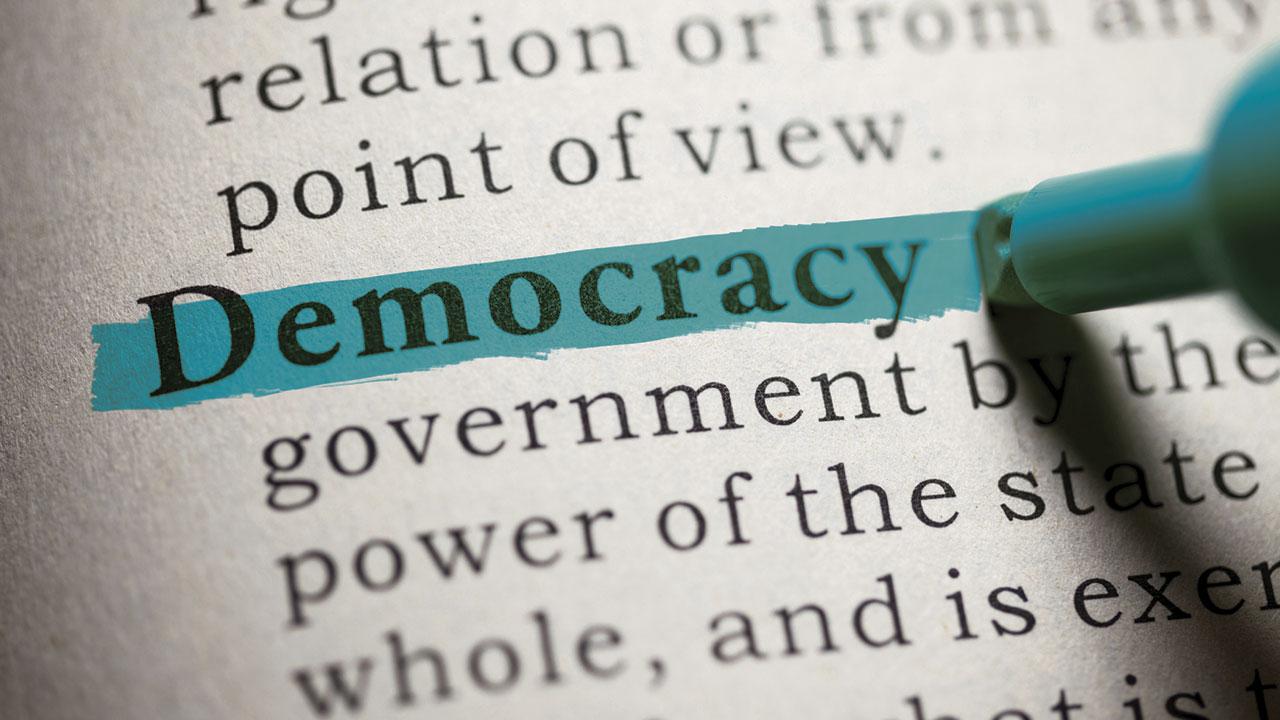
On Monday 16 October, on ABC’s Lateline Opposition Infrastructure Spokesman Anthony Albanese was asked about the Newspoll published earlier that day. The Australian newspaper poll showed the Government and Labor deadlocked if an election were to be held this week.
Formerly the Deputy Prime Minister in the Gillard Labor Government, Mr Albanese pointed out that “50-50 is an extraordinarily bad poll for the coalition” who would have been expecting a big bump in the polls after they changed leaders from Prime Minister Abbott to Prime Minister Turnbull.
Albanese then went on to mention the preferential voting system and the notion that people make a judgement on which political party they support based upon the policies that party puts forward. Of course we all know our democracy depends on good policy, with leadership that can turn that policy into legislation. As he continued to discuss policy, rather than personality he was interrupted several times about the poll.
This is indicative of the conversation that some of the media appear to be having. And many Australian media organisations have a lot to answer for.
Over the last decade the media seem to treat the role of our Prime Minister as dependent on popularity contests. Little policy discussion can be found in the pages of newspapers or on the telly and the headlines are dominated by personal gossip, innuendo and factional party politics.
How do we get the message out to the media that it’s not about the personality of our Prime Ministers? It is about the merit of the party policies.
We are not America, we don’t have presidential style elections where we vote directly for the leader. Our Prime Minister isn’t even mentioned in the Constitution. He or she is just one part of the System of Governance.
While trying to sign up to a new NBN plan recently, a CEFA staff member had this very discussion with an internet provider staff member who insisted our Prime Minister was our ‘Head of State’. This person compared our leader to the President of the United States. While he has now been personally informed about the role of the Prime Minister and the Head of State, CEFA cannot personally phone every person in Australia. We need your help to get the information out there.
As we move forward into a new and exciting, but a sometime uncertain world, our media needs to focus on the policies of each of our elected representatives, as it is expressed in the overall policy of the parties.
The interview
In announcing Mr Albanese, the interviewer Emma Alberici said:
A few days ago, Labor put forward a $10 billion plan to fund 10 major projects, including big rail and road investments. At the same time, Malcolm Turnbull has been signalling, like his predecessor, he wants to be known as the infrastructure Prime Minister. Over the weekend he announced a federal grant to extend the Gold Coast light rail line.
Yet the interviewer chose to almost immediately focus the interview on Malcolm Turnbull’s personal appeal growing against Opposition Leader Bill Shortens diminishing popularity.
Anthony Albanese tried to steer the discussion back to policy. And good on him for trying to break through the mass hysteria of Shorten versus Turnbull who deposed Tony Abbott as Prime Minister because the Liberals were behind in the polls.
A disillusioned public
The Australian public are becoming increasingly disillusioned. But it’s no wonder they are shutting off from our political processes. Trust in our politicians has dropped to very low levels. Whether this is because of the focus by the media on the personalities of politicians, the number of broken promises or a mix of both is hard to tell.
Our Constitutional arrangements depend on strong political leadership and an Australian public that have an understanding of where our political parties stand in respect to the important issues facing Australia. The media has an important role in helping to inform Australians about policy.
A less engaged public that has tuned out of the political conversation will not feel as though they own the change that is going to occur in the future. We all need to take part in democracy for it to work best. Think about who you're voting for. Ask them what they stand for. Consider the policies of all the parties and then choose wisely.
How communities function is also changing. We're less connected in person, more isolated in our lives and political discussion has become more polarised. We think our opinion is the only one that matters. But by speaking with others around you - whether it's your neighbours, the people you regularly see in the elevator in your building, the people you run into at the queue at the coffee shop or in the gym - you can get a sense of how others outside your close circle feel about party policy. Just talk to people. Ask them what they think. Any why don't you let us know what you think in the comments below.
The media have a lot to answer for, as do many of our politicians who seem happy to avoid discussing the real issues that our nation faces. And if you're feeling disillusioned do something about it. Contact your local Member or any one of your 12 state Senators, write to the appropriate minister or join a community group, like CEFA whose core role is education on our System of Government.

This work is licensed under a Creative Commons Attribution-NoDerivatives 4.0 International License.

